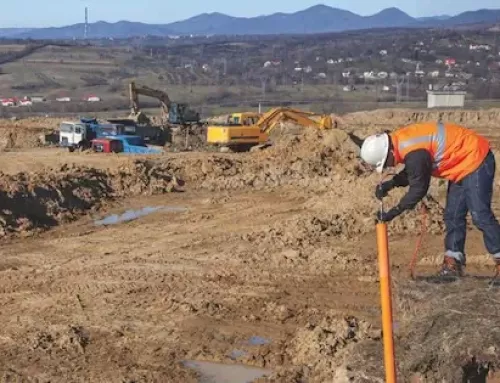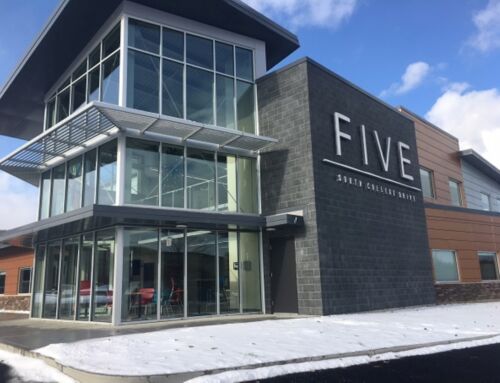Stacey Duncan Special to the USA TODAY Network
Walking into Maine-Endwell High School for a recent public hearing on the Broome Technology Park project was a full-circle moment for me.
Growing up, my family was supported by the technology-related industries for which Binghamton was known throughout the 20th Century. My father was a mechanical engineer for Singer Link in Kirkwood – a job that, at the time, offered stability and fostered a close-knit, upwardly mobile community.
I experienced first-hand the slow demise of Link and IBM and witnessed the negative ripple effect that had on our local economy. Sitting in my old high school auditorium as my neighbors discussed their thoughts on the Broome Technology Park, I was acutely aware of the long-term impact the loss of jobs and opportunity has had on our community.
I believe we can revive our region’s proud history of technological innovation through this project, but I also understand that many residents remain unconvinced. The question that comes up the most about the Broome Technology Park is: Why?
Why does Broome County need this project? Why consider an undeveloped site split between the towns of Union and Maine when there are vacant existing buildings that need to be redeveloped? Why a tech-focused business park — and what is that, anyway?
To me, the “why” is rooted in objective economic analysis and years of professional experience. But most of all, it is born of my love of this community and my deeply held personal belief in its bright and prosperous future. As my kids walk the same Maine-Endwell High School hallways that I once did, I am determined to ensure that they and their peers have every opportunity to stay here to raise their own families.
Broome County truly is on the upswing. Recent growth in STEM-related career opportunities will undoubtedly provide good, family-sustaining jobs for the next generation and attract highly talented people who want to relocate here, helping stem our steady population loss.
But we can’t simply rest on what we have. We must continue to grow, attracting companies that can provide diverse career opportunities for recent graduates, mid-career changers and those still training to join the workforce.
Broome County deserves to participate in the upstate high-tech renaissance. We can be a strategic location along the semiconductor supply chain, a hub for advanced electronics, and a base for life sciences and agricultural processing — if we dedicate ourselves to meeting the needs of the companies in these industries.
I’m often asked, why not make existing vacant properties around the county more attractive to businesses like these? Make no mistake, we are. The Huron Campus in Endicott is just one example.
But we also know that modern development projects are growing in both size and scale. That means we need to identify sites with enough contiguous space to accommodate larger projects and co-locate complementary businesses and amenities on site.
Our experience developing the 600-acre Broome Corporate Park in Conklin, as well as lessons learned from other communities that have lured blue chip businesses that want to build new state-of-the-art facilities, has provided us with a road map of how to develop the kind of shovel-ready site necessary to take our growth to the next level.
Look to the north, where Onondaga County put together a site that won the Micron sweepstakes, with a jackpot of 50,000 jobs spread across Central New York. Imagine what even a fraction of those jobs might mean for Broome County, which, sadly, is leading the state in several of the wrong categories. Close to 19% of our residents live in poverty, as do more than 25% of our children.
Imagine the kind of economic revival and sustainable future that can come from developing in a way that reflects the character of our community. We’re just beginning to embark on a detailed environmental review process for the proposed Broome Technology Park, which will include analysis of designs that offer the highest benefit for residents and the least impact on the surrounding environment.
Modern design integrates and respects natural assets; incorporates public spaces, housing, and other services; and connects communities to ensure skilled people don’t face barriers to accessing life-changing careers. That has the power to be transformational.
That is my ultimate “why” for exploring this project. I’ve been lucky to have a career here dedicated to creating a better home for my family and my neighbors. I’m confident that we’re on the right path toward promoting greater community opportunities, services and benefits that will put the next generation in a position to only build on our success.
Stacey Duncan is the executive director of The Agency, and president and CEO of the Greater Binghamton Chamber of Commerce, Binghamton, New York.




